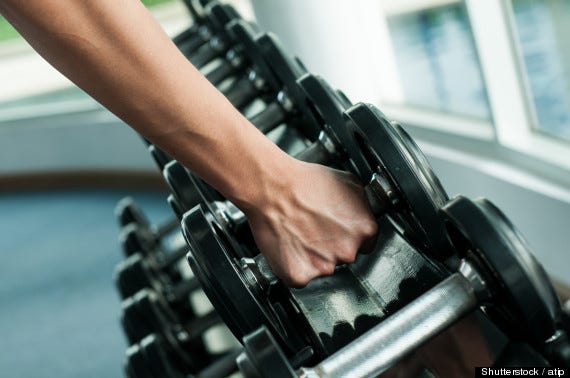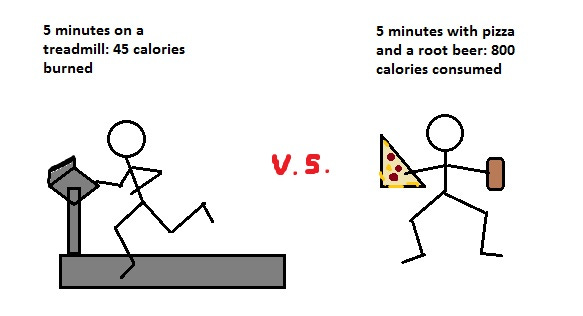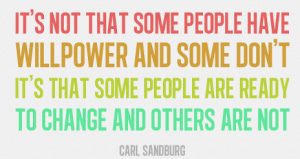Strength Training's Role In Weight Loss
The myth that weight training alone can effortlessly melt away pounds is a popular misconception. While resistance training is essential for building muscle, boosting metabolism, and improving body composition, it’s only one piece of the puzzle. To achieve significant and sustainable weight loss, a balanced diet is equally crucial.
Even elite athletes, who train for multiple hours daily, prioritize proper nutrition to achieve optimal results. The opposite tends to be true for many non-athletes, who exercise excessively trying to compensate for unhealthy eating habits. Unsurprisingly, this approach fails because it’s not possible to out-train a bad diet. 100 percent of the energy we gain comes from food, and we can only burn off about 10-30 percent of it with daily physical activity. (Vox.com). If our food intake is hyper-processed, it makes the task even harder.
Research proves nutrition to be the most important factor when trying to maintain lower body fat. A combination of both diet and exercise is better than either alone but – when push comes to shove – nutrition is king. That means lots of healthy food. You can’t just burn off a meal of burgers and fries by running on the treadmill.
If you truly want to see extraordinary results then you need to get your nutrition dialed in. It doesn’t have to be perfect, but you do need to do the right things consistently. That way you build a constructive relationship between your fitness efforts and the food you eat.
Lifestyle Expectations
Exercise can lead to changes in body composition, increased strength, and improved physique. With consistent effort and a balanced diet, you'll start to see weight loss, typically around 1-2 pounds per week. Remember, any progress is better than none. Embrace the changes and use them as motivation, rather than getting frustrated by slow results.
Some Points To Remember:
Slow weight loss is superior to fast weight loss because it’s healthy and sustainable. It usually means you’re doing things right, eating healthy foods and allowing the body to adjust to your new lifestyle.
Extreme diets or exercise programs that promise rapid weight loss often backfire. They can lead to excessive muscle loss, disrupt metabolism, and imbalance hormones
The most effective way to achieve positive bodily changes is through a combination of strength training, cardio, and a balanced diet. Nutritious food provides the fuel your muscles need to recover and grow after workouts.
To fuel your workouts, focus on:
Lots of vegetables (1/2 plate)
Lots of healthy proteins (1/4 plate)
Healthy fats
Fewer carbohydrates (20-25% of current intake if not overly busy during the day). Cut out all wheat and concentrate on healthy carbs such as ancient grains, whole rice, etc.
Curbing junk food
Curbing liquid calories (which can be greater than we think)
Curbing excess white sugar, fruit juices, etc.
Bodyweight Is Not Constant
Remember, even with good nutrition, your body weight cannot remain static. It will fluctuate by how much water you drink daily, how much salt or carbs you eat, and even how much stress you’re under. " only have my clients weigh themselves once a week because it’s just one snapshot of their overall health. Although body weight is a significant factor in disease risk, reducing body fat percentage is a more accurate indicator of overall well-being.
One pound of fat takes up more room on the body than 1 lb. of muscle, so the more fat you carry, the more body mass you appear to have. To lose that fat and develop lean muscle mass, combine healthy eating with exercise. (University of New Mexico)
So follow the basic nutritional outline above and include at least three days a week of training into your routine. A well-rounded routine should include cardio exercise, resistance training, functional fitness training and stretching. You'll end up with a leaner and more toned appearance, as well as greater overall health.
Your presence here is greatly valued, and that’s why all our articles are free on this site. But if you've found that the content benefits your life, please consider supporting it through a cost-effective paid subscription. This plays a vital role in covering operational costs and supports the continuation of this independent, unbiased research and journalism work. Thank you!!
If shy about commitments, feel free to leave a one-time tip!





